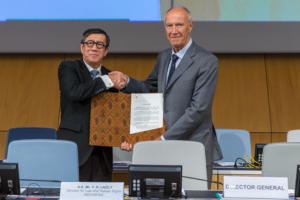Are you a user of the Madrid Protocol? Will you be in Washington, DC on Saturday, October 27?
If so, then please consider helping the World Intellectual Property Organization (WIPO) — and yourself — by attending a focus group of US users of the Madrid system at 7AM on that day at the Washington Marriott Wardman Park hotel in Washington, DC. Although WIPO’s focus group will be held in conjunction with the AIPLA Annual Meeting, you do not need to be registered for the Annual Meeting to participate in the focus group.
Continue reading “Are you a user of Madrid Protocol? Will you be in Washington on October 27?”

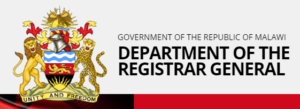
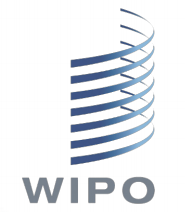 WIPO is developing a new Global IP Platform or GIPP. The goal of the GIPP is to provide a personalized home page for a user of WIPO’s web site, with easy-to-find links to the various database and e-commerce systems provided by WIPO. The user can set up an array of widgets or tiles providing access to the particular databases and systems that are of interest to the user.
WIPO is developing a new Global IP Platform or GIPP. The goal of the GIPP is to provide a personalized home page for a user of WIPO’s web site, with easy-to-find links to the various database and e-commerce systems provided by WIPO. The user can set up an array of widgets or tiles providing access to the particular databases and systems that are of interest to the user. 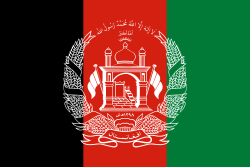
 Filers in the Patent Cooperation Treaty, Madrid Protocol, and Hague Agreement systems (utility patents, trademarks, and industrial designs) know that it is important to keep always in mind when midnight will arrive in Geneva, where WIPO is located.
Filers in the Patent Cooperation Treaty, Madrid Protocol, and Hague Agreement systems (utility patents, trademarks, and industrial designs) know that it is important to keep always in mind when midnight will arrive in Geneva, where WIPO is located.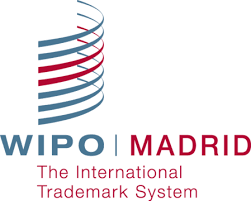 A member of
A member of 